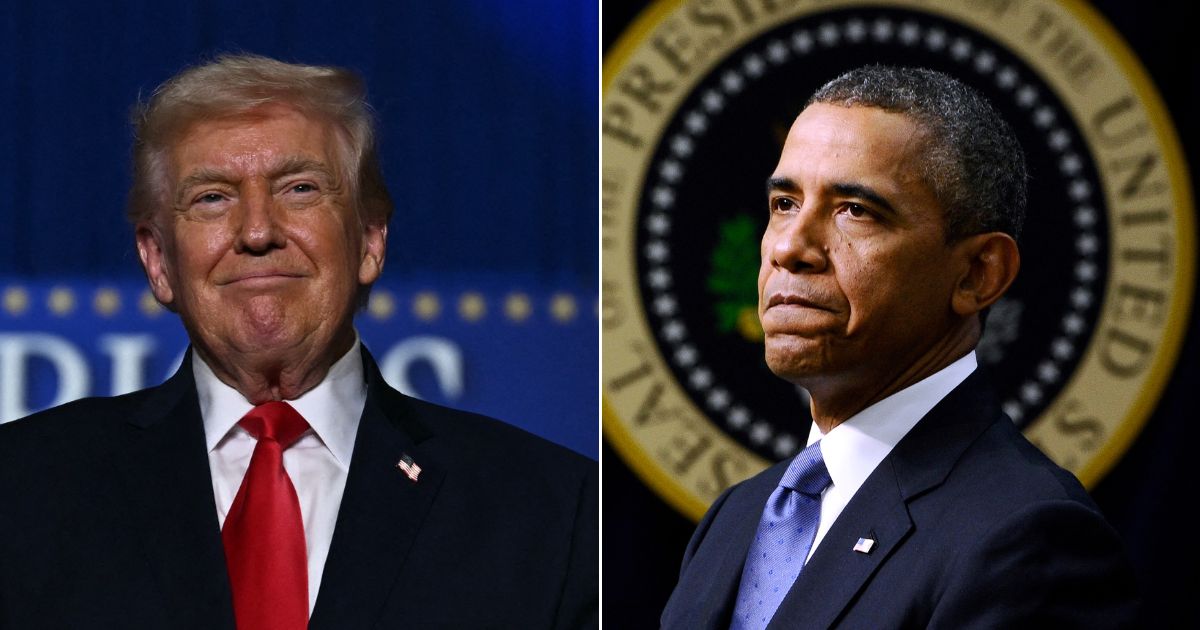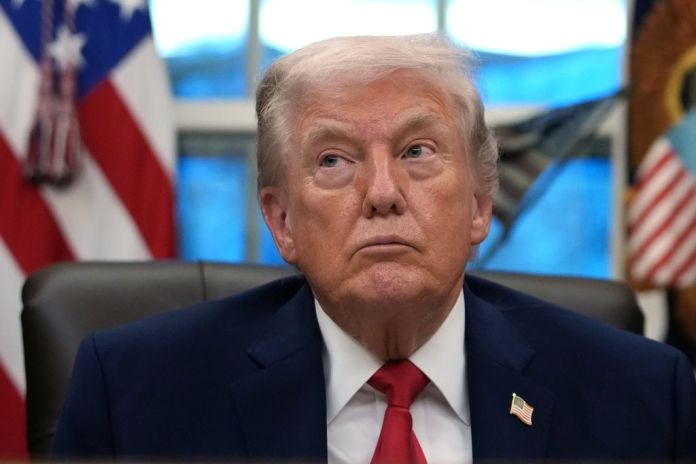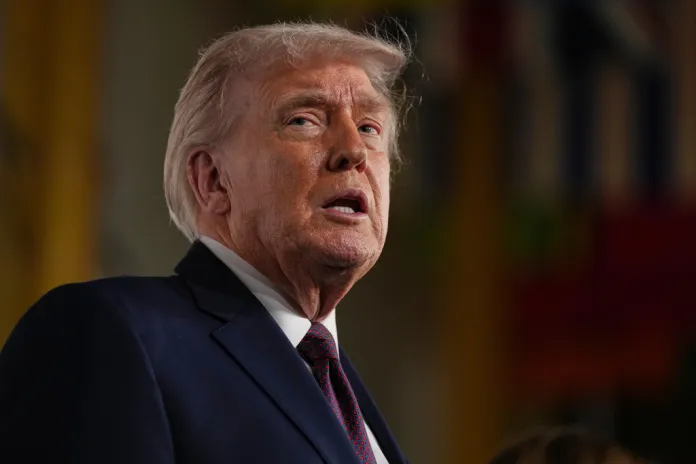Judges signal openness to moving Trump criminal case to federal court – Washington Examiner
A recent court hearing before teh Second U.S. Circuit Court of Appeals suggests that judges may be receptive to moving Donald Trump’s felony conviction case from state to federal court. Trump’s lawyers are seeking to overturn his conviction related to a hush money payment scandal, arguing that proceedings should have occurred federally, possibly providing a more favorable setting for Trump. The judges indicated a willingness to reconsider the case in light of a recent Supreme Court ruling concerning presidential immunity, which may have bearing on the legality of evidence used during the trial.
During the arguments, Trump’s defence emphasized that the conduct relevant to the case-centered around communications made during his presidency-should be protected under this immunity, arguing that Trump’s testimony adn related evidence were improperly admitted in a state court context. The prosecution, though, countered that trump’s request was untimely, asserting it would set a troubling precedent if granted.
While the judges did not issue a decision, thier questions suggested an openness to exploring the implications of recent legal standards for presidential immunity. The outcome of this appeal could significantly impact Trump’s legal standing as he navigates various criminal charges and prepares for the upcoming 2026 elections.If the appeal fails, Trump may escalate the matter to the Supreme court.
Judges signal openness to moving Trump criminal case to federal court
Lawyers for President Donald Trump argued before a federal appeals court Wednesday in a renewed bid to erase his felony conviction in the Manhattan hush money case, and the judges appeared open to moving the case from state court to federal court.
Trump has made two failed bids to push the now-resolved hush money case to federal court, a move his lawyers previously agreed would provide a more favorable and unbiased venue. This time, a panel of appeals court judges appeared more open than ever to the argument that the case should have been handled in federal court from the start.
During oral arguments before the Second U.S. Circuit Court of Appeals, the three-judge panel — all Democratic appointees — signaled that they may be willing to reconsider the conviction in light of a landmark Supreme Court ruling that shields presidents from prosecution over official acts.
The central question before the panel is whether the Manhattan district attorney used conduct protected by presidential immunity as evidence in a state trial, and whether that violated Trump’s constitutional immunity.
There’s a “strong interest” in having a federal court assess the “weighty interests” at play here, said Judge Susan Carney, an appointee of former President Barack Obama, referring to the Supreme Court’s broad language in the 2024 Trump v. United States decision.
Judge Myrna Pérez, an appointee of former President Joe Biden, noted the high court ruling ushered in a “whole new world” of legal standards for presidential immunity, with still-undefined boundaries.
While no judge offered a clear indication of where they would vote, the line of questioning from the panel revealed an openness to entertain Trump’s request more than any judge below them have.
One of the key pillars of Trump’s immunity argument surrounds testimony at trial from former White House Communications Director Hope Hicks, who prosecutors said spoke with Trump in the Oval Office during a frantic effort to contain fallout from the Access Hollywood tape leak and allegations about hush money payments to porn star Stormy Daniels. Hicks testified that Trump directed her on what to say publicly about the story — a moment prosecutors later described in closing arguments as “devastating.”
Trump lawyer Jeffrey Wall, a former acting solicitor general, said that exchange, and its use as evidence at trial, was constitutionally off-limits.
“Everything about this cries out for federal court,” Wall told the panel. “That’s alone enough to wipe away the conviction.”
The president was convicted on May 30 last year on 34 felony counts of falsifying business records related to the hush money scheme, which involved reimbursing his then-lawyer Michael Cohen for a $130,000 payment to Daniels. He was sentenced to an unconditional discharge just 10 days before being sworn in for a second term, making him a convicted felon with no active penalty.
Wall argued that the testimony from conversations the then-president had with Hicks and former aide Madeleine Westerhout, combined with social media posts Trump made while in office, constituted official acts and should have been excluded entirely under the Supreme Court’s ruling. That, he said, means the entire trial was tainted — and the case should be moved to federal court, where Trump could seek to vacate the conviction.
Trump had previously tried to make this argument before U.S. District Judge Alvin Hellerstein, who rejected the bid and said the conduct at issue was personal, not presidential. But Wall emphasized that the Supreme Court’s decision handed down afterward changed the legal terrain and warranted reconsideration.
Steven Wu, representing Manhattan District Attorney Alvin Bragg, an elected Democrat, countered that Trump’s request came too late and that removal is no longer appropriate after sentencing. He told the court that even if technically available, removal now would set a dangerous precedent.
“After sentencing, removal is no longer available,” Wu said. “Even if it were technically available, there are compelling reasons not to permit it here.”
Wu also disputed the core of Trump’s argument, saying the evidence was drawn from Trump’s private conduct and likened his theory to a postal worker confessing a weekend crime at work — a scenario that wouldn’t qualify for federal immunity.
The panel didn’t issue a ruling but asked pointed questions about whether removal could still apply post-sentencing and what logistics would look like if they granted it. Judge Carney emphasized the sweeping scope of the Supreme Court’s evidentiary immunity standard, raising the possibility that even relatively minor references to official acts could warrant federal review.
If the case is removed, Trump could argue for dismissal based on the constitutional protection from prosecution of presidential acts — a move that, if successful, could erase the only criminal conviction he’s ever faced.
TRUMP BEGINS NEW LEGAL CHAPTER IN BID TO UNDO FELONY CONVICTION
With his federal indictments dropped and the Georgia case against him stalled, the outcome of this appeal could redefine Trump’s criminal standing ahead of 2026.
Should the appeals court rule against him, Trump’s next move would likely be to petition the Supreme Court to take up the case.
" Conservative News Daily does not always share or support the views and opinions expressed here; they are just those of the writer."



